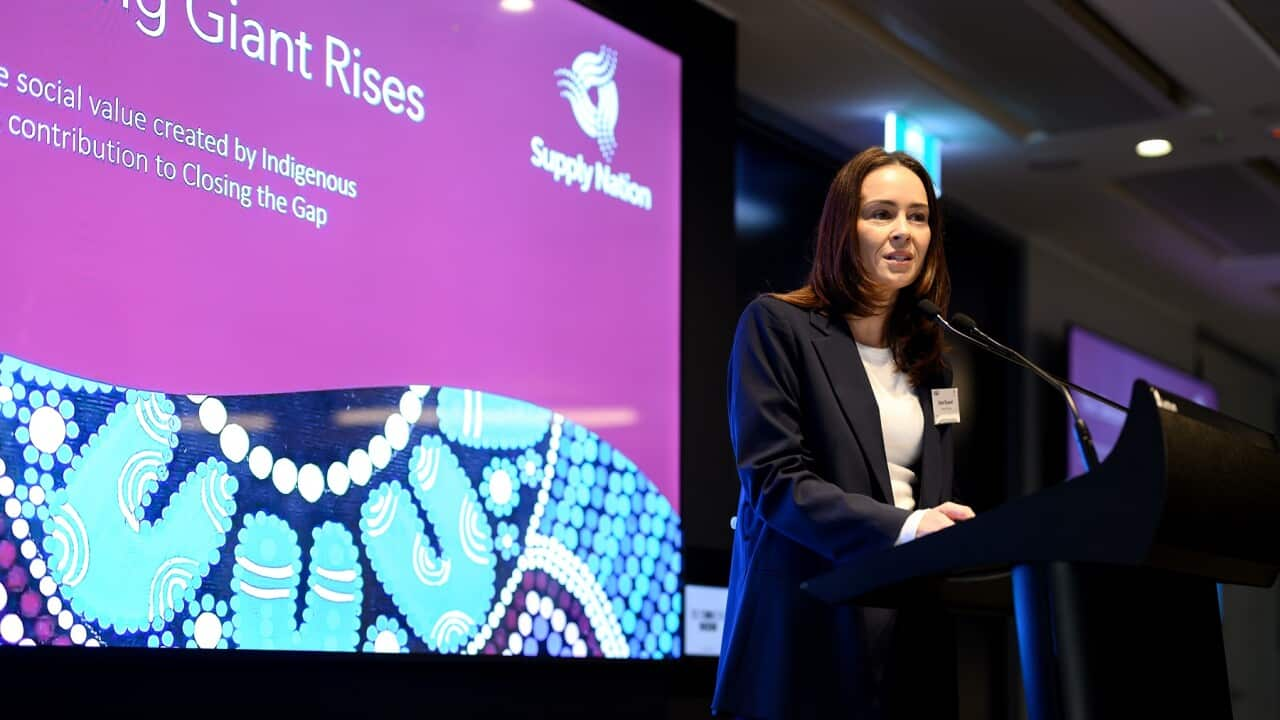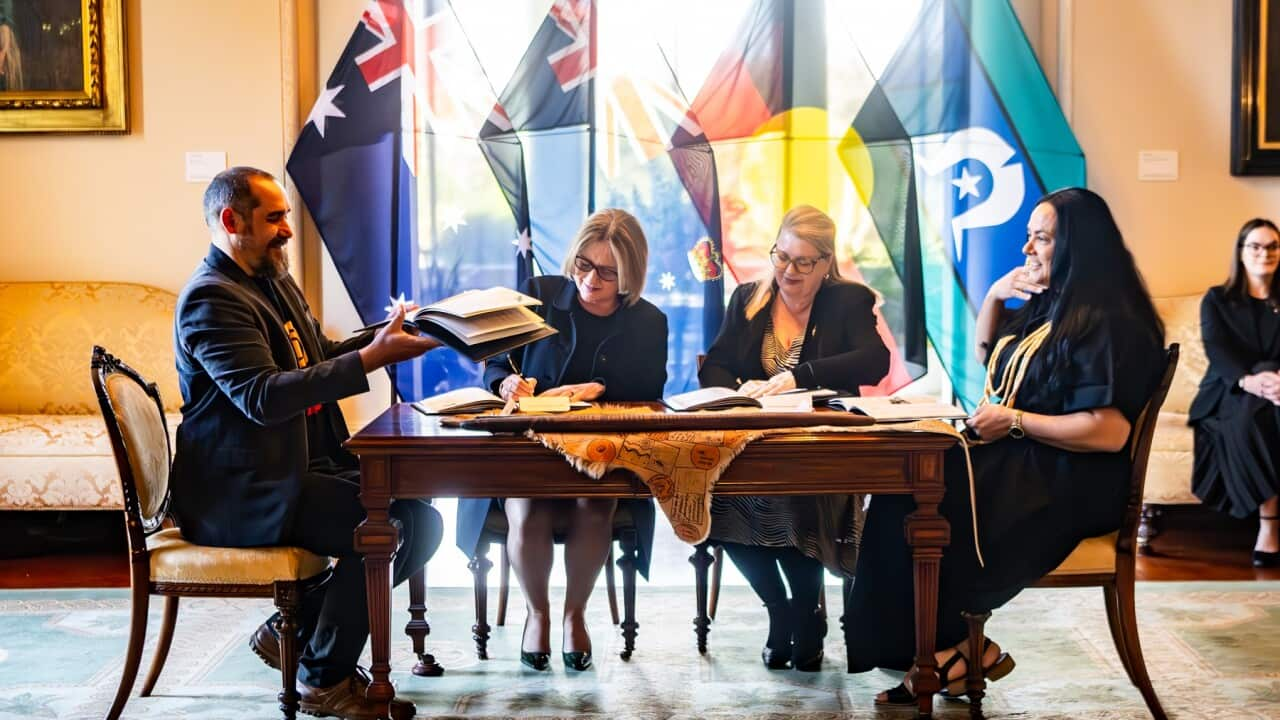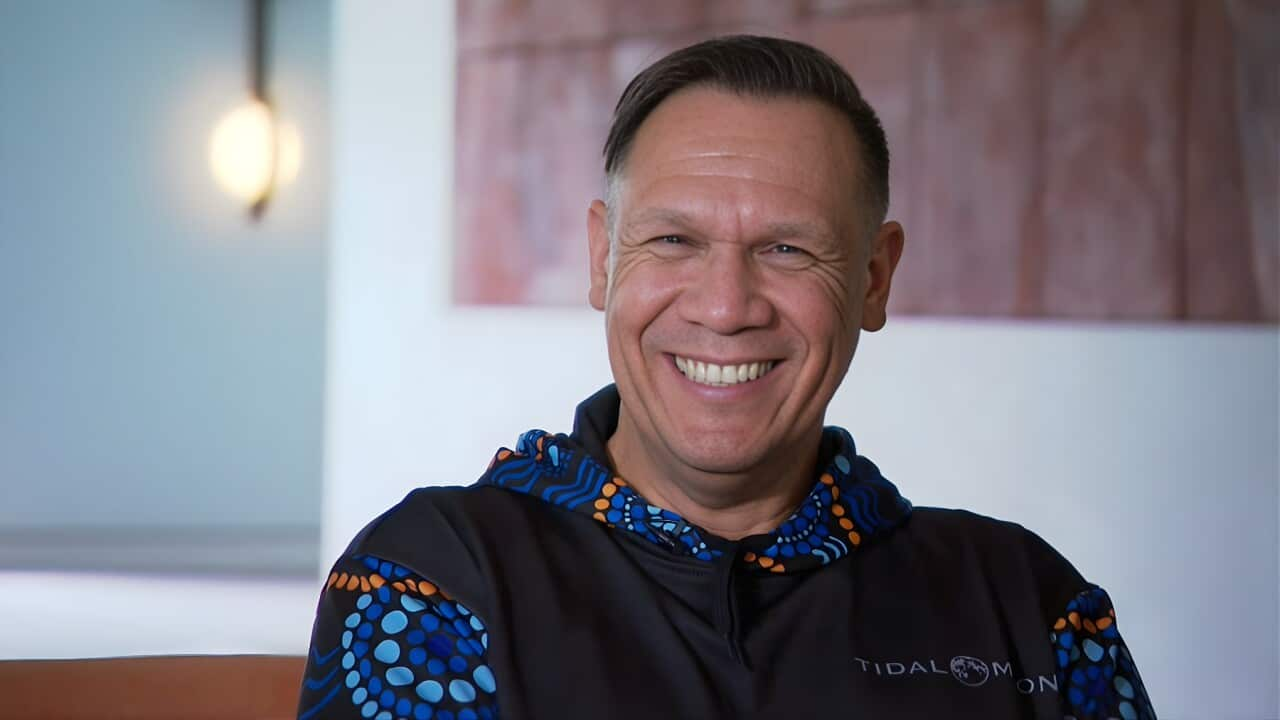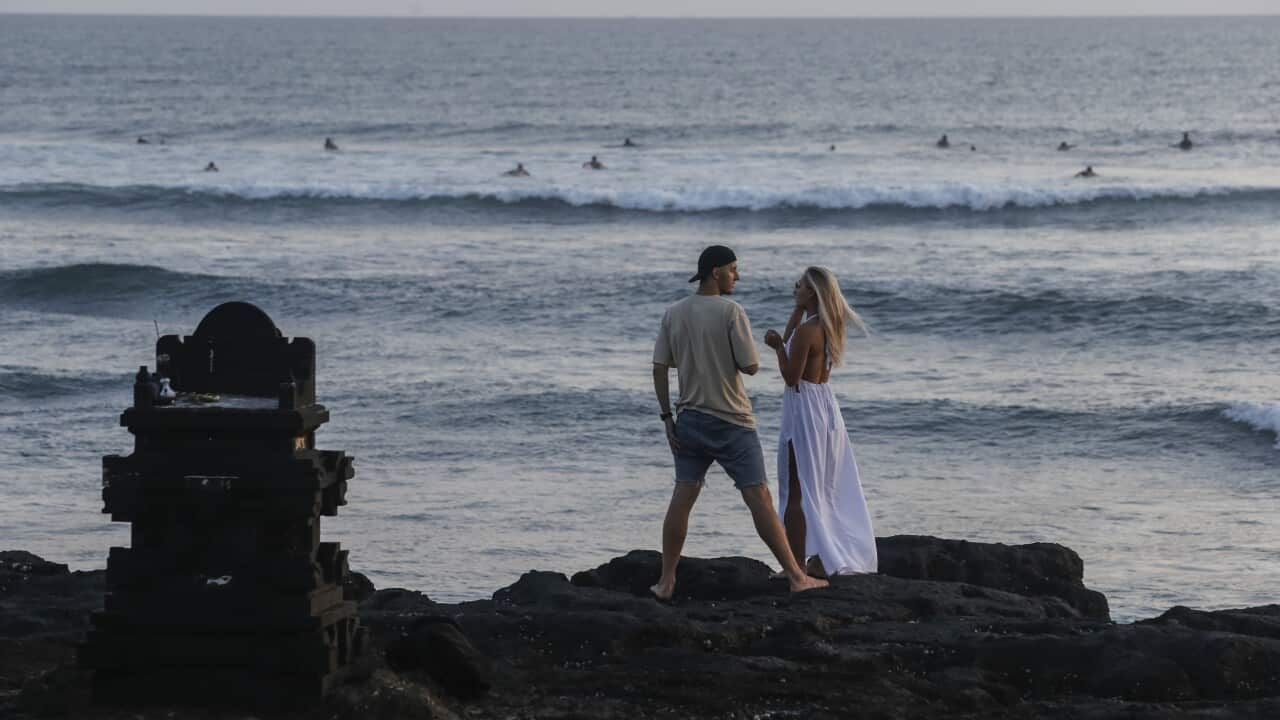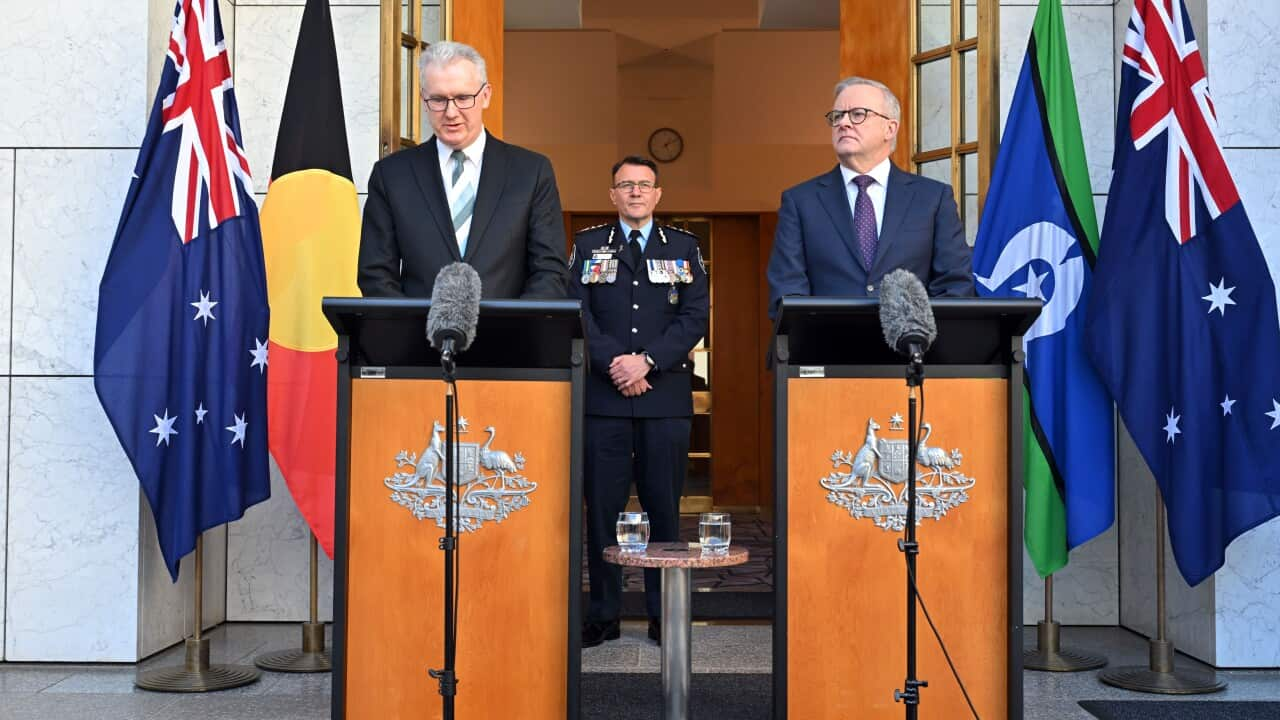TRANSCRIPT:
"I'm going to have the world saying Jala Jala. But my dream is to have my own store that is inclusive of tourism, as well as manufacturing, that I can showcase on a grand scale to honour myself, chocolate, my culture, and have it as an inclusive place to come and be and experience."
That's entrepreneur Sharon Brindley, founder of Jala Jala Treats, Victoria's largest Indigenous female-owned food manufacturing company.
The Yamatji and Noongar woman is now beginning the process of exporting her range of native-ingredient chocolates and teas to Japan, Singapore and Malaysia.
"It's stressful, it's hard, but it;s probably the most worthwhile thing I've ever done. It's given me a sense of self pride, it's filled my cup, it's grown my community to a global point."
Her export dreams are being assisted by Asialink, the national centre for engagement with Asia based at the University of Melbourne, whose chief executive says businesses like Ms Brindley's resonate with markets in the region like never before.
Mr Howard says there is a real demand for Indigenous products overseas.
"Australian businesses, exporters, need to be really thinking about what's going to differentiate them in the market. That's why I think First Nations exporters and a lot of products they offer have a real edge and they should lean into that, but also think about where they can match that with the type of consumer segment that they are targeting."
Data from Austrade shows Indigenous goods exporters generated more than $670 million in turnover in 2022/23.
Now a new report from Supply Nation - a non-profit that provides Australia's biggest database of Indigenous businesses - has found that Indigenous businesses create more than 42 billion dollars of social value each year.
Supply Nation CEO and Awabakal woman Kate Russell says the benefits are wide reaching - impacting business owners, their employees and communities.
"The way we are defining social value is through an Indigenous lens of wellbeing. But this can include mental health, physical health, education, housing, as well as a sense of pride and aspiration for our Indigenous business, their households, and their Indigenous employees."
She says every dollar of revenue equates to three dollars and sixty-six cents of social and economic value.
"Importantly those entrepreneurs are generating that value purely by operating...because there shouldn't be an expectation on Indigenous businesses to go above and beyond, and provide programs that we would not expect the average small to medium enterprise to provide."
Ms Brindley can attest to that.
She says she created her chocolate company as a way to share language through food.
"The demand is really growing for the need for our stories that are attached to the foods. I'm not just a chocolate maker, I'm more than that, I'm more than chocolate."
Indigenous businesses are also having an economic impact at home in Australia.
The federal government's own Indigenous procurement target has been increased to 3 percent for this financial year, with the aim to reach 4 percent by the end of the decade.
A recent Commonwealth audit found two-thirds of contracts had been exempt by government departments since 2016, and often without any justification.
The government has said the National Indigenous Australians Agency is working to develop stronger processes.
Looking beyond the challenges, business owners like Ms Brindley have their eyes on the future.
"Don't ever stop looking at your dream, because although I didn't know and I don't know how I'm going to get to that next stage... Always follow your passion, no matter where you start, you never know where you are going to end up."
